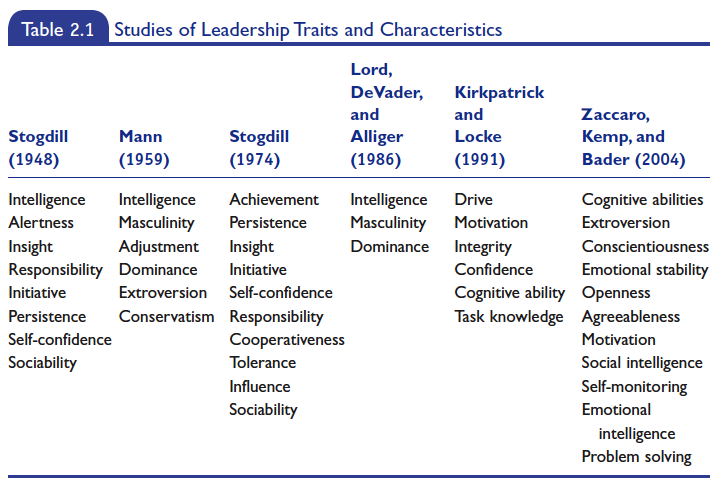Referencing Peter Northouse's Leadership: Theory and Practice textbook, answer these
Based on Peter Northouse's Leadership: Theory and Practice textbook, I will address the two questions regarding leadership traits and the differences in problem-solving skills between leaders and managers.
1. Developing and Demonstrating a Leadership Trait
I will focus on integrity as a major leadership trait. Integrity is often described as the quality of being honest and having strong moral principles. It can be developed through various methods:
- Self-Reflection: Regularly evaluating one's beliefs and actions can help individuals align their behavior with their values.
- Feedback and Accountability: Seeking feedback from peers and embracing accountability can strengthen one's commitment to integrity.
- Education and Experience: Understanding ethical frameworks through training and experiences can enhance one's ability to act with integrity in complex situations.
To demonstrate integrity to others, leaders can:
- Be transparent in their decision-making processes, openly sharing the reasons behind their choices.
- Follow through on commitments; when leaders say they will do something, they should ensure it is completed.
- Stand by their values, especially in difficult situations, even when it may be unpopular or challenging.
By consistently exhibiting integrity, leaders can build trust and credibility within their organizations.
2. Differences in Problem-Solving Skills of Leaders vs. Managers
The problem-solving skills of leaders and managers differ primarily in focus and approach.
-
Leaders tend to focus on the broader vision and long-term goals. They often approach problems by looking for innovative solutions and inspiring their teams to think creatively and embrace change. Their style is generally more strategic and involves motivating others to engage in the problem-solving process.
-
Managers, on the other hand, are typically more operational and detail-oriented. They are concerned with the execution of tasks and ensuring that processes run smoothly. Their problem-solving approach is usually systematic, relying on established procedures to address issues that arise within their teams or organizations.
In summary, while both leaders and managers are vital for effective problem-solving, leaders are more oriented toward innovation and inspiration, whereas managers focus on efficiency and strategy execution.
Sources


Related Questions
Work fast from anywhere
Stay up to date and move work forward with BrutusAI on macOS/iOS/web & android. Download the app today.
